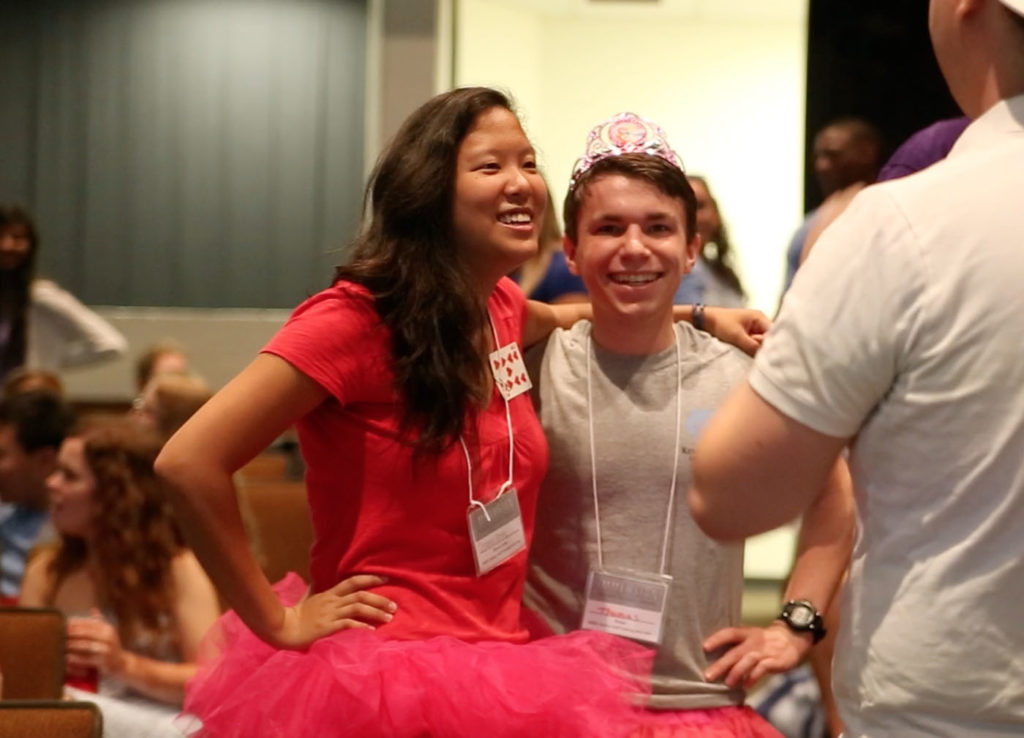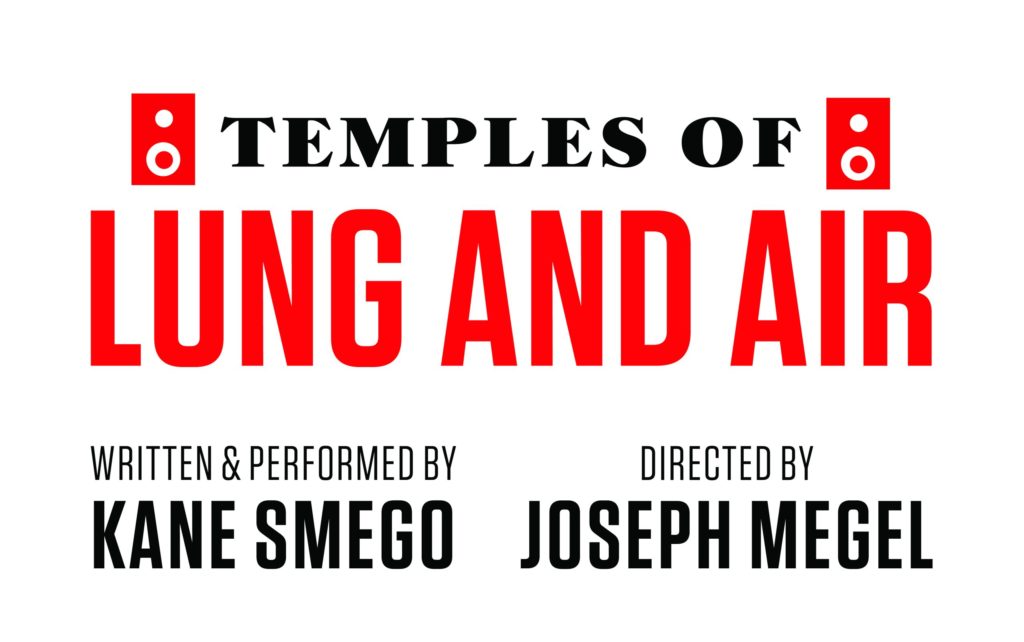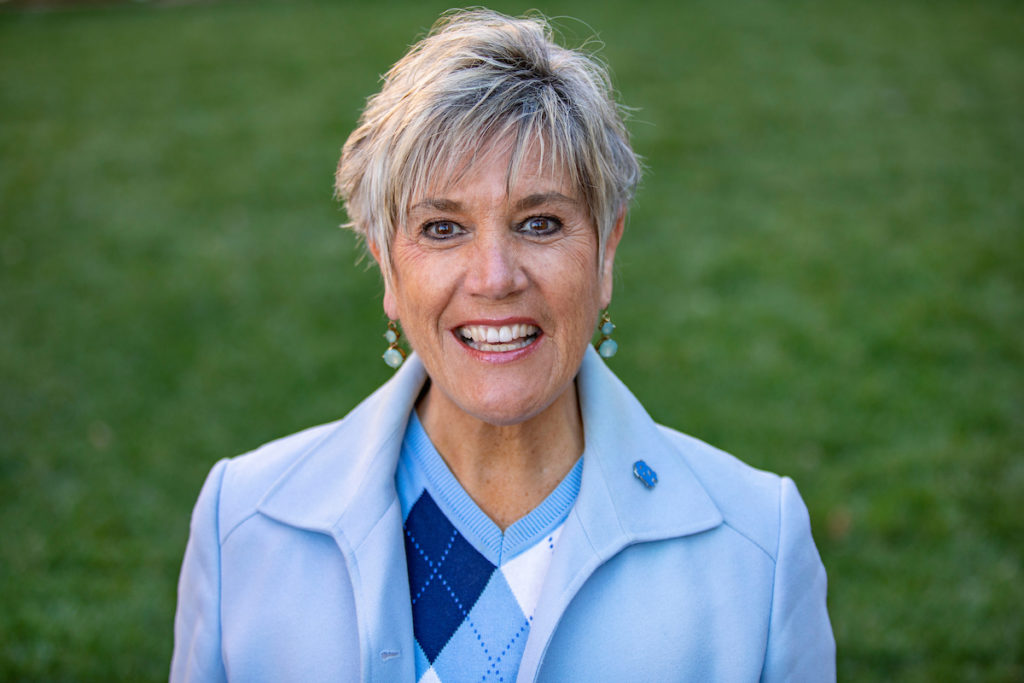
Kwame Anthony Appiah, professor of philosophy and law at New York University and “The Ethicist” columnist for The New York Times, came to campus to deliver the inaugural Chancellor’s Lecture in Ethics on Sept. 15.
Co-sponsored by the College of Arts and Sciences and the Parr Center for Ethics, Appiah’s speech kicked off the year-long initiative Carolina’s Human Heart: Living the Arts and Humanities, which showcases the work that faculty, staff, students and alumni are doing in the arts, humanities and qualitative social sciences.
In his talk, “Ethics Among the Arts and Humanities,” Appiah defended the relevance of the arts and humanities in an age seemingly more concerned with science and technology.
In particular, he challenged the premise that only science can determine human values, the theme of author and neuroscientist Sam Harris in his book “The Moral Landscape.”
“Only science can help us answer these questions, he says,” said Appiah, adding that even the notions of “well-being” or “human values” used by Harris aren’t likely to be determined by the scientific method.
While there is much to be learned about ethics from neuroscientists, “ethics can’t be reduced to the questions those scientists are equipped to answer,” Appiah said. “Ethics, unlike the sciences, needs to maintain its contact with the arts and humanities.”
The sciences and the humanities are studied in different ways, with different results, he explained. The sciences focus on the general and the study of patterns, while the arts and humanities are concerned with individual artifacts, like a specific painting or poem. Because of this approach, science marches forward, always seeking to improve, while the arts and humanities examine the past for the knowledge, he said, “that is worth passing on” and using to understand the present.
“We don’t study Mozart in order to write more Mozart. We pass it on,” Appiah said. “What’s interesting is writing music now. And writing music now, you’ve got Mozart in your head and in your background, and you’re responding to a whole world that Mozart knew nothing about, that wouldn’t have made sense to him.”
The responsibility for passing on knowledge about the past is what ties the humanities so closely to teaching, he said. In addition to acquiring the knowledge itself, the training helps the student in application of that knowledge.
“Well-trained literature majors write better memos and, perhaps more importantly, movie scripts than most badly trained ones,” he said.
The determination of what’s worthy to be passed on in a “liberal” education springs from the word’s Latin root, “liber,” meaning “free,” Appiah said, with the liberal arts defined as studies “befitting a free person.” But modern civilization has grown past the distinction between free and enslaved that Cicero described.
“The reason that I have no difficulty in defending the idea of the humanities as an education for free people, for free men and women, is that one of the great achievements of the modern world has been to establish a global consensus that we ought all to be free,” Appiah said. “If you doubt me, you have only to listen to the voices in the streets of Cairo and of Tunis.”
In a question and answer session following the speech, someone challenged how it is determined what “is worth passing on.” The questioner pointed out that significant works had long been “excluded in very sinister ways” because of where they were created and by whom, resulting in separate disciplines devoted to women’s and African American studies, for example.
Appiah agreed with the need for institutional restructuring, having held appointments in various African American studies departments himself from 1981 to 2001 and believing that the creation of the field made those contributions more visible.
“We have to attend to what we’re doing. We have to notice what we’re doing. And when someone challenges the things we’re attending to … we must examine and revise our practices,” Appiah said.
But institutional restructuring can also mean bringing separate disciplines together, as in the current trend combining biologists, chemists, geneticists and behaviorists into the field of neuroscience. More personally, Appiah said he benefited from exchanges with his fellow faculty members who weren’t philosophers but experts in art, history or drama. “Illumination comes that way,” he said. “I’m a great believer in that,” he said.
The British-born Ghanaian-American philosopher, who speaks with a mid-Atlantic accent, writes novels and has a small sheep farm in New Jersey, embodies the multidisciplinary and multicultural values he
champions. And he concluded his talk in that way.
“Ethics has to live among the humanists as it draws, too, from the discovery of the scientists,” he said.
Philosophers can be “grateful to the scientist,” he said.
By Susan Hudson, University Gazette




